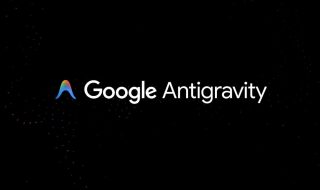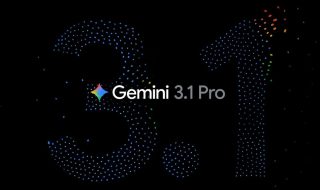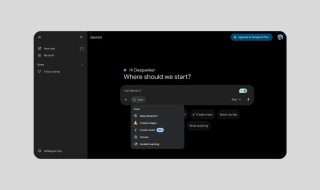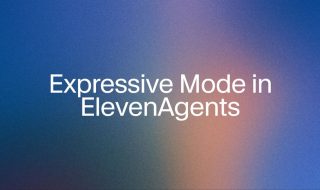Google has introduced its next big upgrade in AI image generation with the launch of Gemini 3 Pro Image, also known internally as Nano Banana Pro. This new model is designed to produce more accurate, detailed, and realistic visuals by combining Gemini’s reasoning abilities with live information from Google Search.
The highlight of this release is its ability to use real-time data. If you want an image based on today’s weather, a current sports event, or something trending, the model can pull updated details directly from Search before generating the picture. This makes it more aware of the world compared to earlier versions.
Google has also improved text rendering inside images, which is often a weak spot for most AI models. Nano Banana Pro can create posters, mockups, and designs with cleaner typography and more styles. It supports multiple languages too, thanks to Gemini’s multilingual capabilities.
Another major upgrade is consistency. The model can blend up to 14 images while keeping the identity and facial resemblance of up to five people. This helps in tasks like group portraits, character design, and creative storytelling without losing continuity between frames.
For creators, Nano Banana Pro adds more control over the final output. You can edit specific parts of an image, adjust the camera angle, change lighting, shift focus, apply color grading, and even choose 2K or 4K resolution. Wide aspect ratios are also supported, giving users more freedom for cinematic or social media-friendly visuals.
Developers get clear pricing as well. A single generation in 1K or 2K resolution is priced at $0.134, while 4K images cost $0.24. Google is targeting professionals who want both speed and high quality in their workflows.
The rollout has already begun across Google’s ecosystem. Consumers will see it inside the Gemini app, where free users will get limited daily generations and paid subscribers will get more. It is also expanding to NotebookLM, AI Mode in Search, Google Ads, Google Slides, Vids, the Gemini API, Google AI Studio, and the new Antigravity IDE.
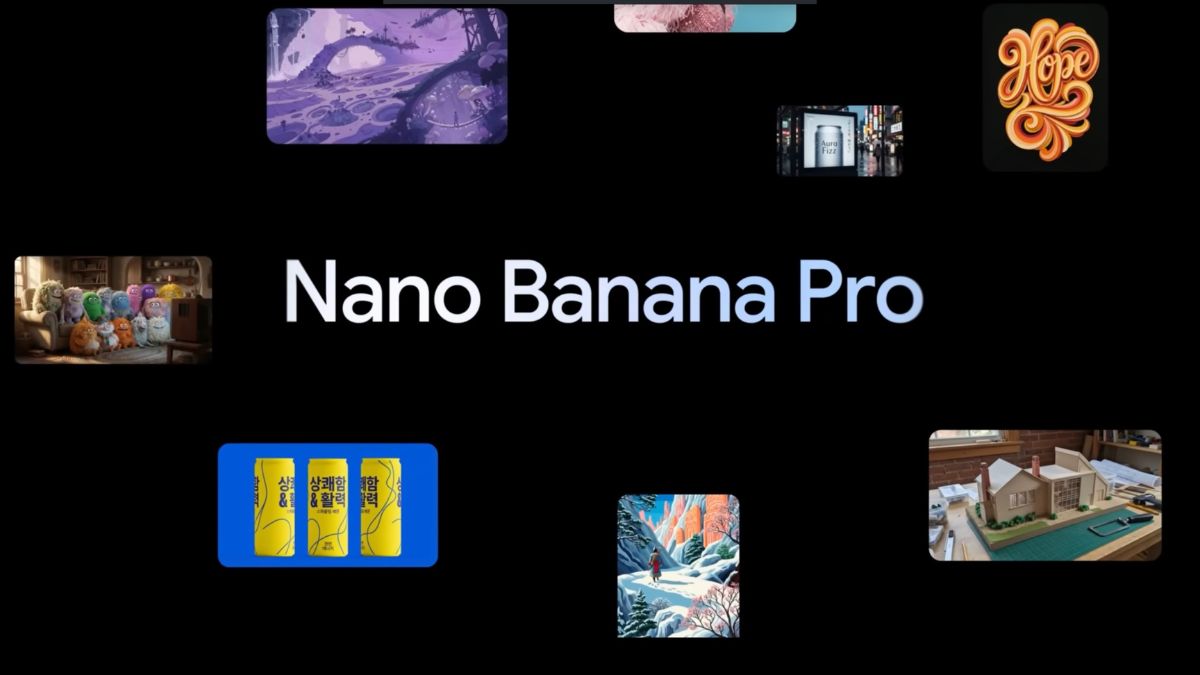




![Mivi DuoPods Vibe Earbuds [New Launch], 60 Hours Playtime, AI-ENC for HD Calls, 13mm Drivers, IPX 4.0, BT v5.3, Made in India True Wireless Bluetooth Ear Buds](https://m.media-amazon.com/images/I/41t+S6k05XL._SL160_.jpg)

